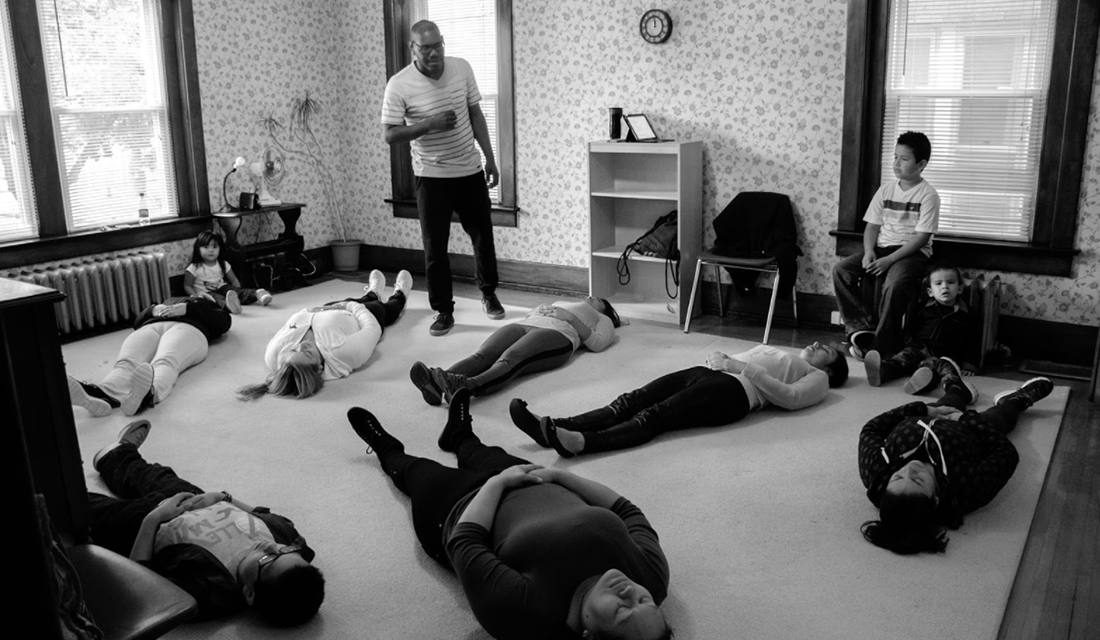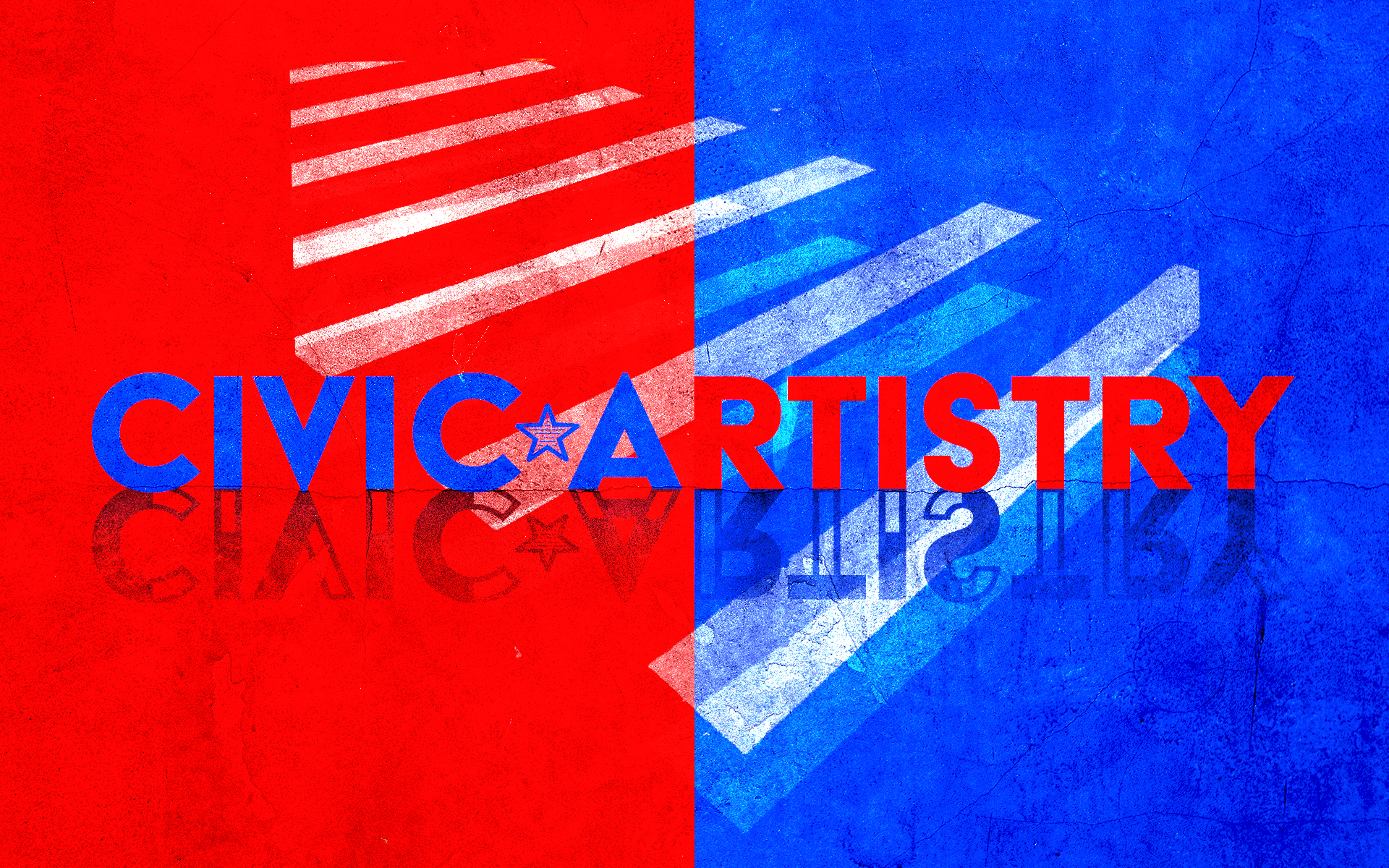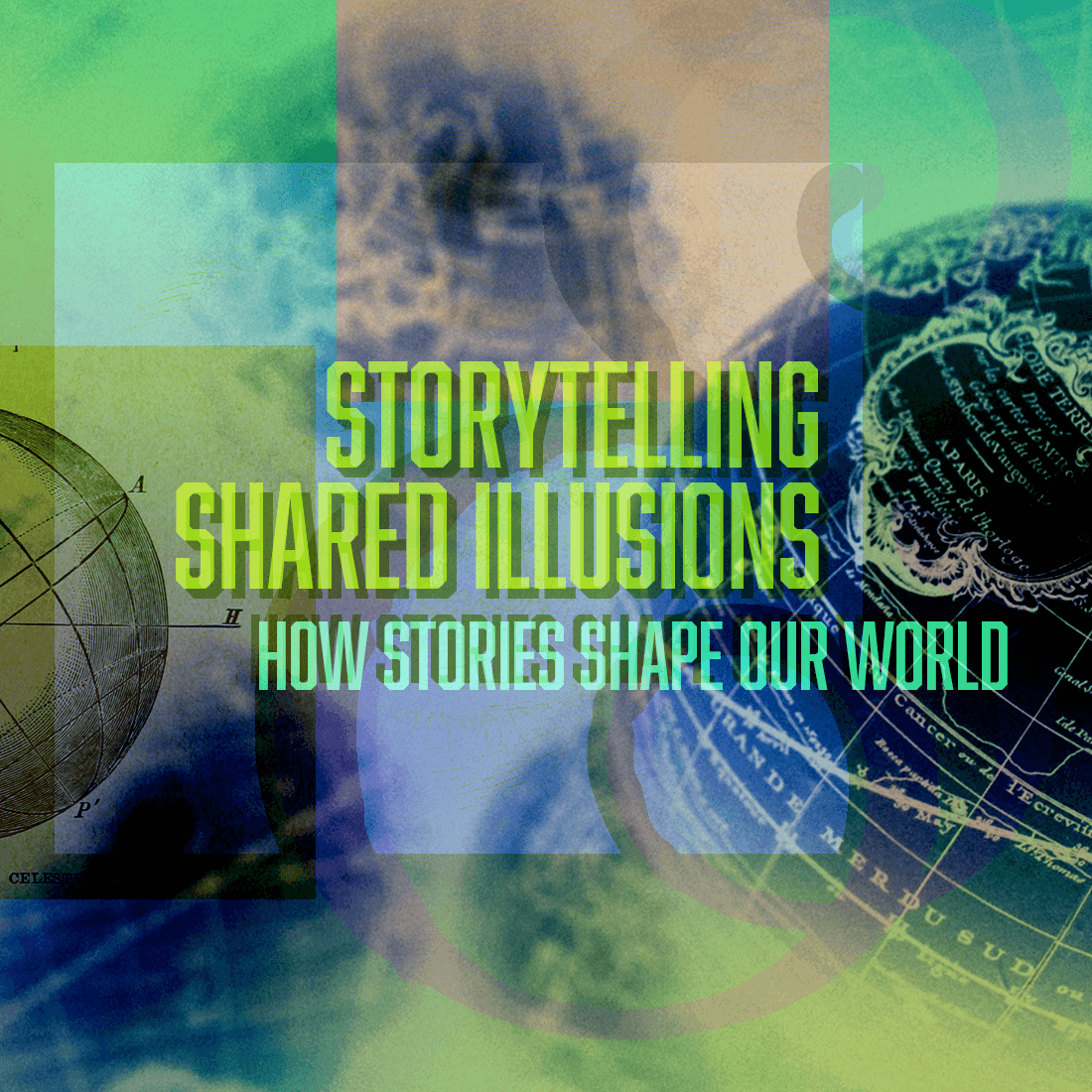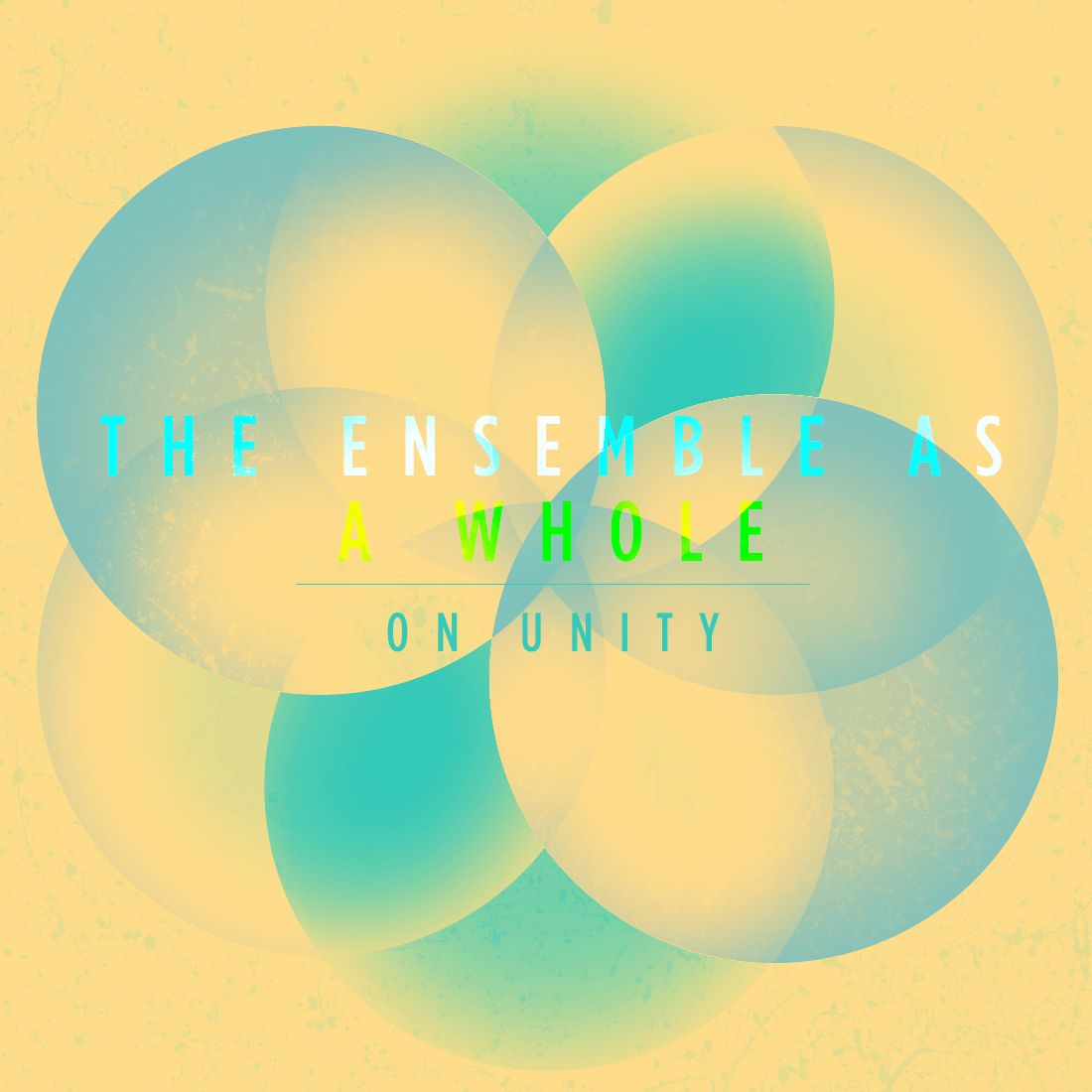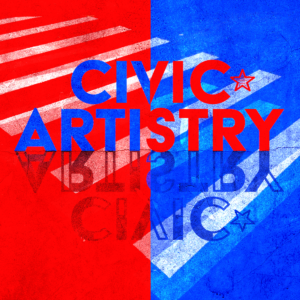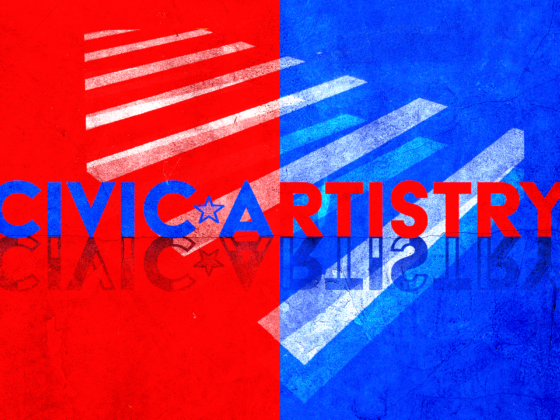CAITLIN CASSIDY
My preoccupation with hospitality — with home and with what it means to be a host or guest — runs deep. I find myself talking a great deal about these things with people, artists in particular, who, like me, are urgently wondering about the responsibility of the individual citizen to perform diplomacy — to serve both the role of host by welcoming and the role of guest in traveling beyond “home.” And who, like me, wrestle with the issue of representation as it connects to this question.
Surely it is the right, but is it also the responsibility of the individual citizen to engage across borders? When we do engage (whether via social media, studying abroad, etc.) how do we do this purposefully and peacefully? What does it mean to act on behalf of — or to be perceived as representative of — a particular group? In short: How do we best equip ourselves to engage in thoughtful, meaningful exchange?
For me, the citizen-artist has a unique and critical role to play in diplomacy. I reached out to a group of young people from around the world who are working to connect the global human experience through art and asked them to offer personal insight into the question of cultural ambassadorship.
Note: interviewees’ bios are located here; otherwise noted, images were provided by the artists.
Faisal Abu Alhayjaa
Actor & Educator / Palestine
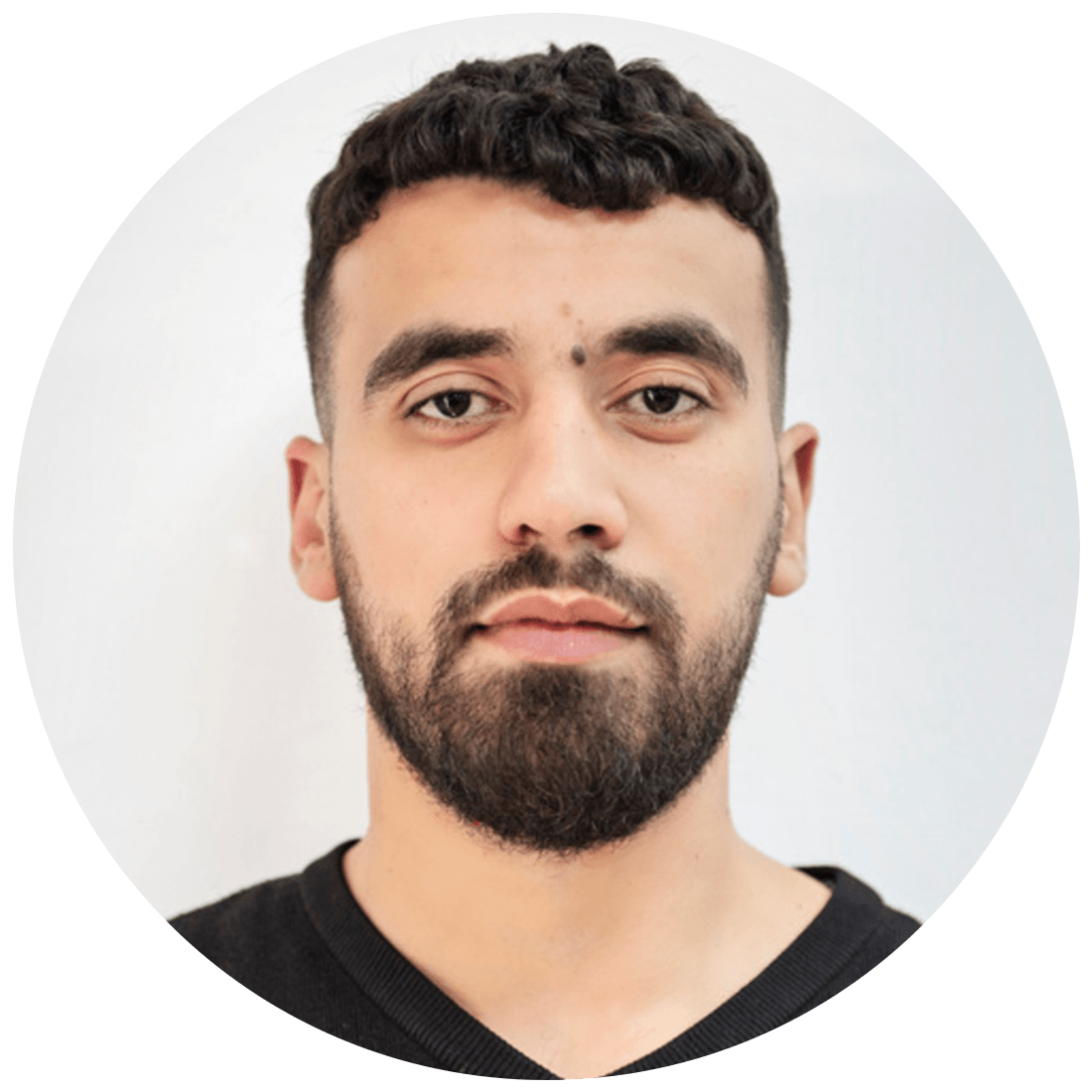
My role as a cultural ambassador is to express society’s culture, feelings, and ideas. Therefore, I bear the responsibility of representing this society in an honest way that reflects its reality and identity. Additionally, I am responsible for finding means of communication with other cultures, finding common values that narrow the gap between different views, as well as enhancing connection between different cultures, which, in turn, should reinforce dialogue with others. Being a real artist means holding a message. It means expressing a certain vision. On a personal level, and as a Palestinian artist, I am in charge of delivering the message of the Palestinian people to the rest of the world. I am also responsible for bringing about a change in society through cultural resistance, as cultural resistance combats Israeli occupation and induces a change in the Palestinian society and its ideas. It also challenges (harmful) habits and traditions — or the fallacious interpretation of religion — eventually making people aware of the true value of freedom. Because I believe that the liberation of mind comes before the liberation of land.
When preparing to be acquainted with a new society, I am interested in exploring that society’s history and the kind of art it presents. I think some of the most important questions when getting to know a new society are:
“What are the things this society finds amusing?”
“What are the fears surrounding this community or group?”
This applies when I meet new people. I am always interested in what those people find funny. Another important factor that I always seek to identify is the commonality between a place and/or people and myself — as well as what they think the role of theater is in causing change.
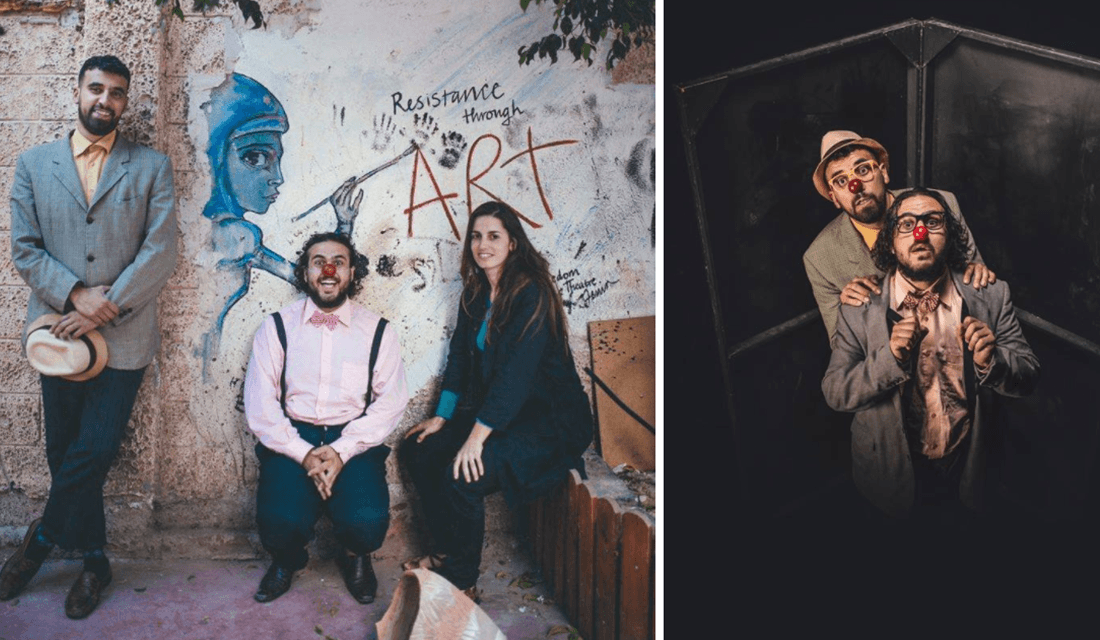
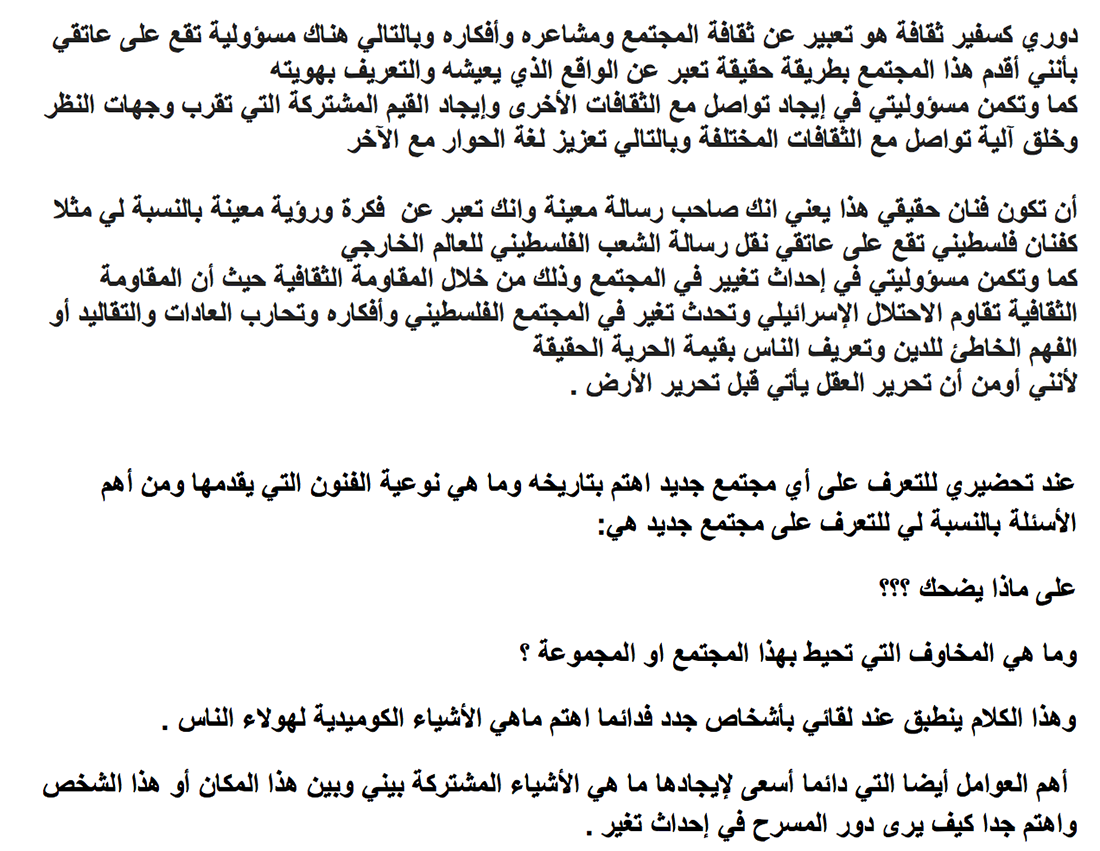
ENGLISH TRANSLATION BY CAITLIN CASSIDY & YOUNES AZOUZI (Musician & Educator / TUNISIA)
Asif Majid
Interdisciplinary Scholar, Educator, & Performance-Maker / U.S.A.

Source: Marlayna Demond/UMBC
Being frank, I don’t see myself as a cultural ambassador. I am no more representative of any of the multiple facets of my identity than I am of any other. In fact, I actively stay away from pretending to represent any culture. Instead, I prefer to complicate and challenge the static notions that exist around various monolithic identity categories. My reticence to identify as a cultural ambassador comes from my wariness around the notion of cultural diplomacy and ambassadorship, which I find to be nothing more than a tool that sidelines the radical potential of creating beautiful things (art) by veering too much to the notion of instrumentalizing art. In fact, the political nature of art emerges from the very creation of beauty amidst desolation and destruction. If I start to think of myself as a cultural ambassador, then that means that I experience a disconnect from the uncertain and wonderful messiness of process that art-making entails.
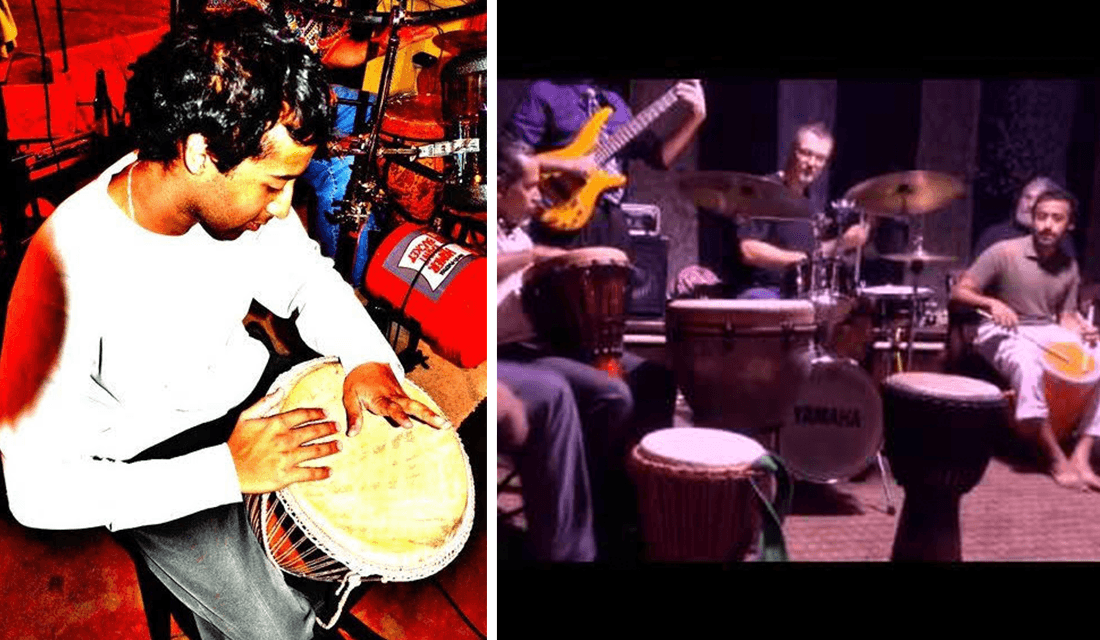
Since I reject the notion of the cultural ambassador in the first place, I’ll answer this question from the perspective of entering a new space as an “artist” (a difficult and presumptuous label, in my opinion) or a traveler (not to be confused with a tourist). I think my entering into a space that is either unfamiliar to me or which necessitates cross-cultural exchange involves continued humility, constant listening, and the recognition that I am always a guest. This is best embodied by two sayings, I think: Prophet Muhammad (pbuh) indicating that we should “be in the world like a stranger or wayfarer” (Al-Bukhari, Book 1, Hadith 471) and comparative literature critic Erich Auerbach arguing that humanity is at its finest when for it “the whole world is as a foreign land” (“Philology and Weltliteratur“). I think all the world would be a better place if everyone operated under those assumptions, both in places of familiarity and unfamiliarity. This stuff that we hold onto so tightly? It’s all just temporary, anyway.
Devika Ranjan
Scholar, Activist, and Theatremaker / U.S.A. & India
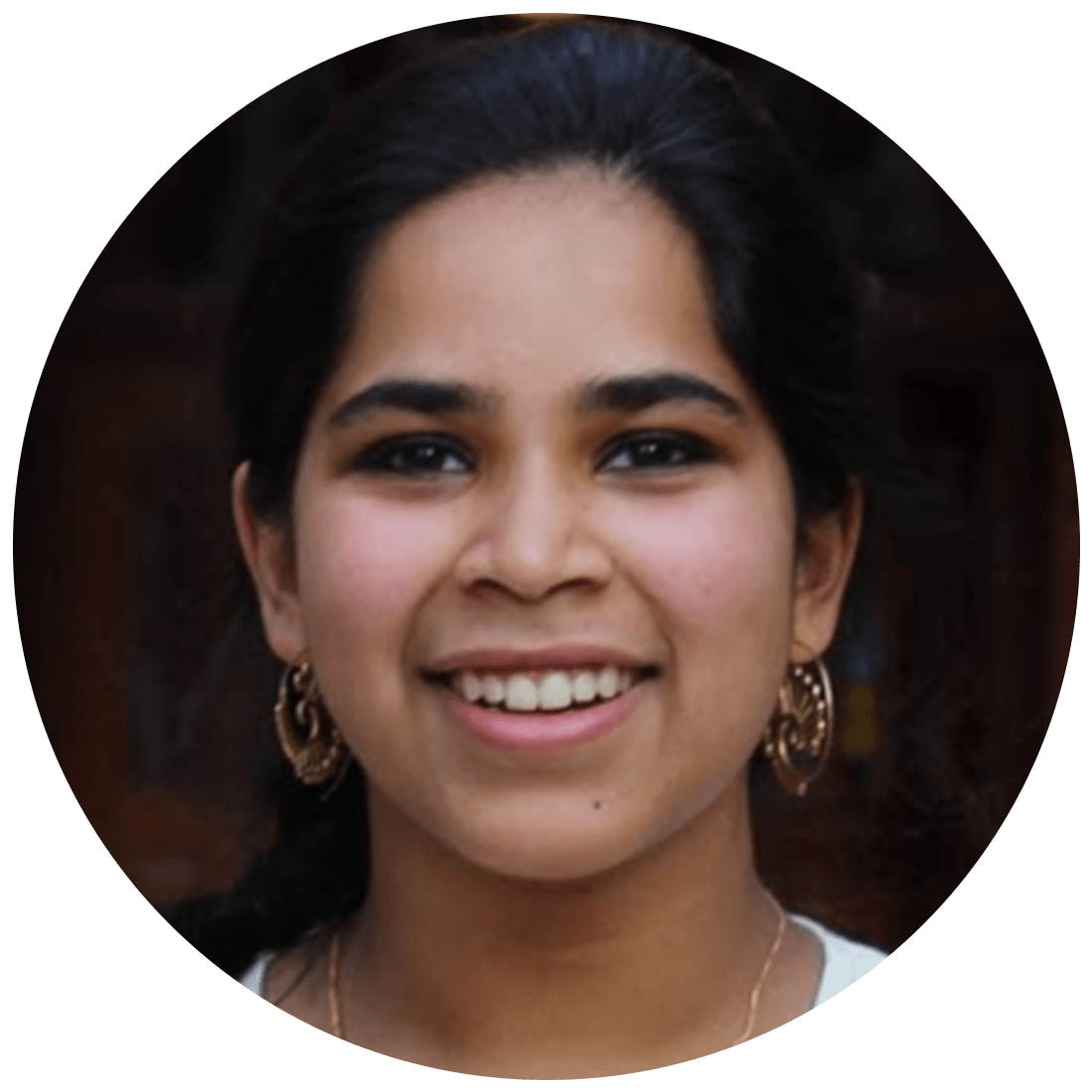
Source: Prayuj Pushkarna
I feel like I have been a cultural ambassador my whole life. I moved from India to the United States when I was three, and my childhood was spent traveling across the country. We would move almost every year because of my dad’s job, so I became used to introducing myself and making friends quickly. It was kind of complicated to explain my heritage through words — especially in English, my second language — and I often turned to performance and art to help me out. I sang the Indian National Anthem at my 1st-grade talent show; I choreographed Bollywood dances for my classmates; my family screened Hindi movies with English subtitles for my friends to watch. In today’s political climate, I feel that I represent all sorts of groups: women, people of color, immigrants, Indians, Hindus, and allies. I certainly feel a responsibility to resistance and activism — not only for the groups that I belong to, but in solidarity with other communities that are persecuted in this political reality. We must make art about this time and this struggle, to gnaw on the issues that surround us, and to celebrate the passion of our champions.
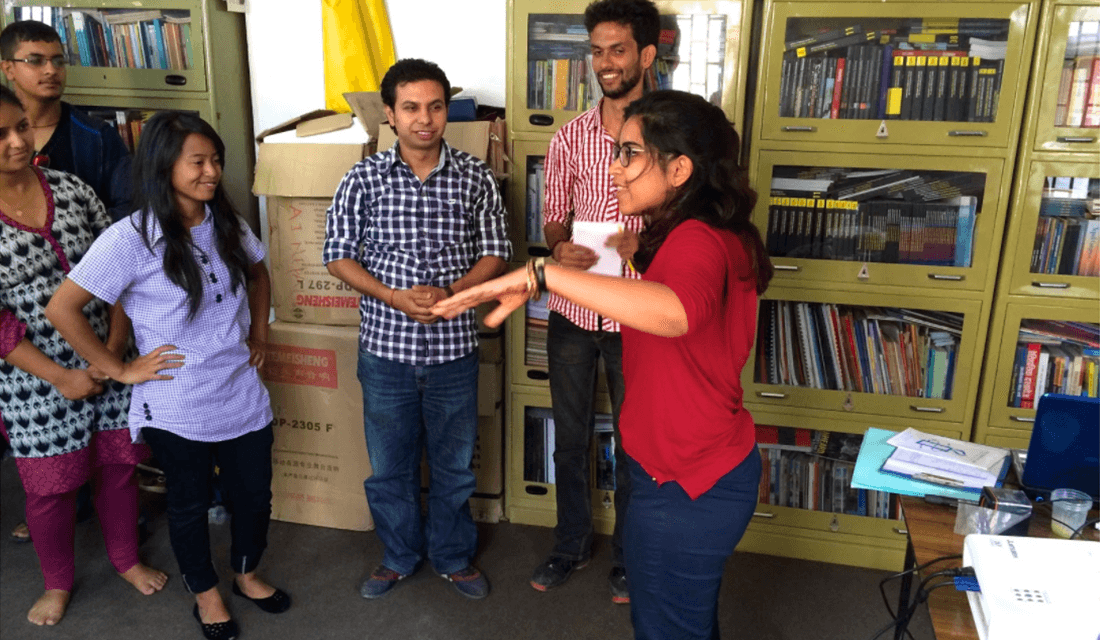
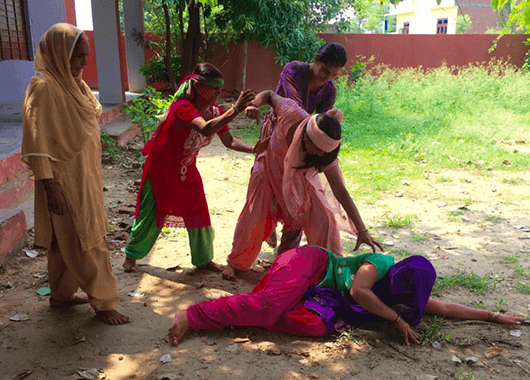
For the most part, my experience with entering new spaces as a foreigner (and a theatremaker) have been in conflict zones in South Asia or the Middle East, working with local communities and using theatre to alleviate pain, build relationships, and search for solutions to problems. As a facilitator, I am careful to check my own opinions; I know that my outsider suggestions may be culturally inappropriate or otherwise damaging to the group. After all, the theatre is not for my benefit, but for the well-being of a healthy community. I think the same respect should be allotted wherever I go, whether I am doing theatre or not. In order to open myself to the experiences of a new place, I aim to listen in order to understand local customs, attitudes, and judgments without taking up too much space in the conversation. Of course, this is particularly salient in conflict zones, but applicable in any other situation as well.
Manuel Viveros
Actor & Artistic Director / Colombia
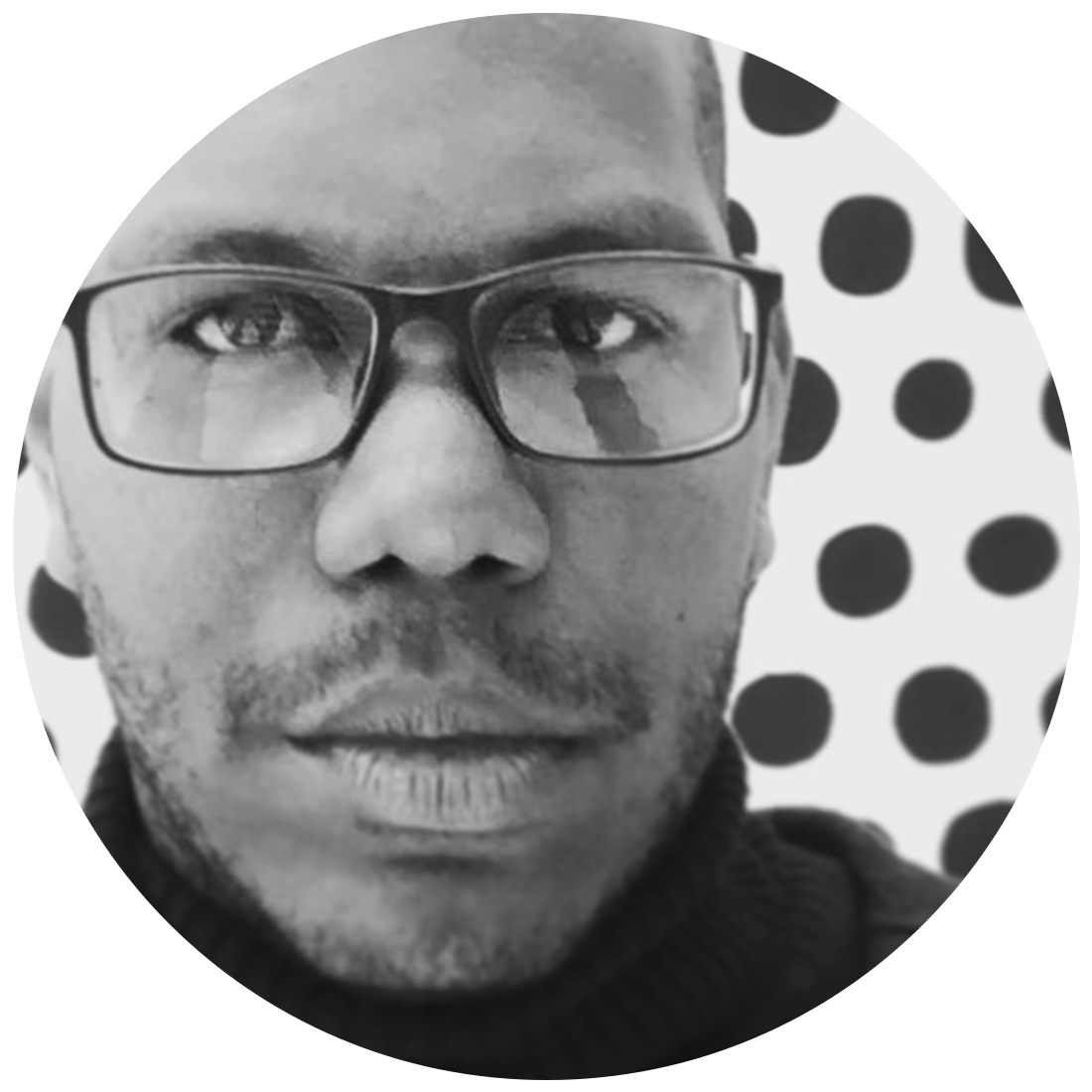
First of all, I have been abroad several times — most often as an actor, but other times (most recently) as a kind of cultural leader and representative. When I travel abroad with a play or a show, normally I feel the act of representation or ambassadorship lives in the art — that is to say, in its message. However; the last number of times that I have traveled abroad to work as an artist, this has not been the case. I have had to prepare speeches to present in addition to works of art. I have had to move beyond strictly artistic ideas to include the political. Twice recently, I have been asked to prepare to share information about my country’s (Colombia’s) history. I understand my role as a cultural ambassador to be that of a person who promotes discussions, questions, and reflections about a new space or a different way of seeing a familiar space and/or situation. As a cultural ambassador, I am conscious that I carry particular information about and a point of view representative of my experience in my region.
I prepare to enter a new community by seeking information about the place where I am going — via books, websites, etc. In light of recent political, economic, and violent movements, I have become aware of a kind of blindness in the media and across social networks. For this reason, I feel that now more than ever it is also important to prepare as a messenger of the truth — in other words, to prepare to share true information about my country’s history — specifically, Colombia’s recent elections and peace polls’ result. I have the sense that part of discrimination, of hate crimes and other such manifestations are based in the unknown — in what we don’t know about the “other.” The unknown leads to stereotypes, which leads to increasing fear about difference. As a Colombian, I often come up against stereotypes like “Colombian narcos,” “Colombian coca,” “Colombia guerrillas.” Such experiences have encouraged me to be thoroughly prepared to educate people about other aspects of my country.
